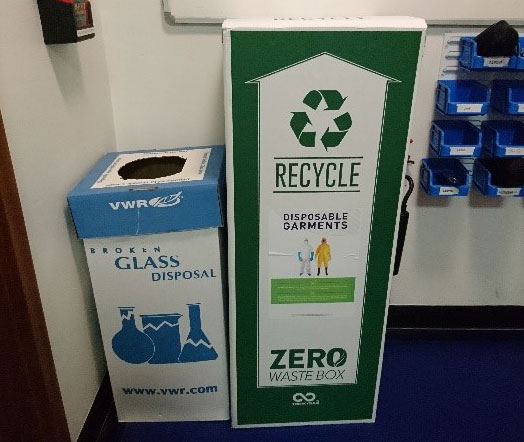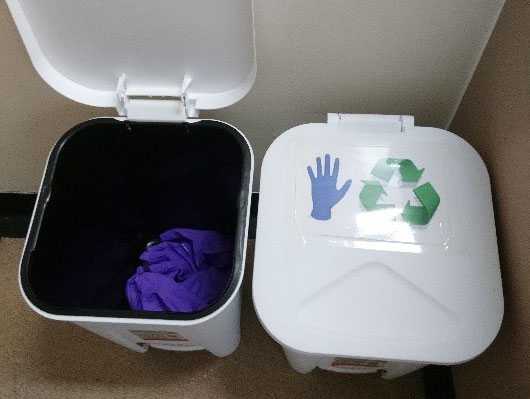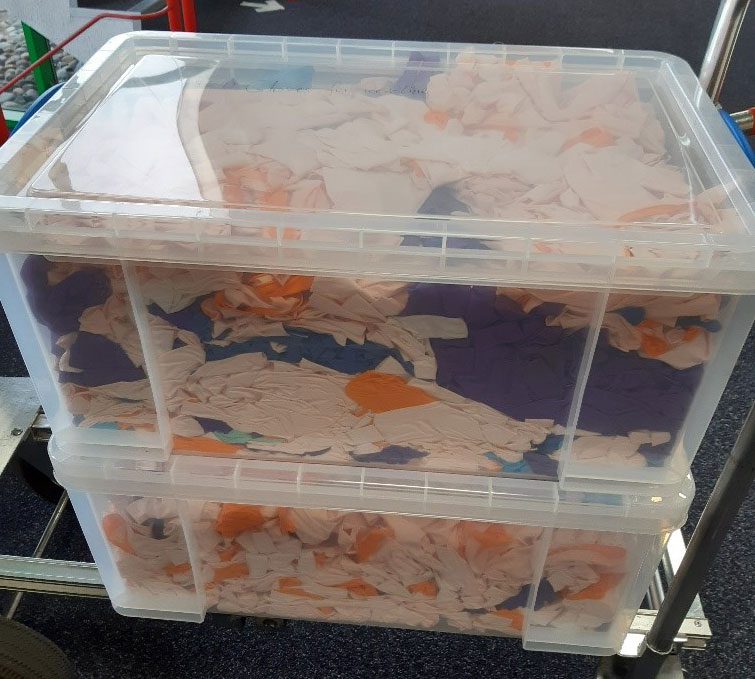Success for Sustainable Labs Initiative
Improving the sustainability of our laboratories is integral to the BGS Environmental Sustainability Strategy.
31/03/2021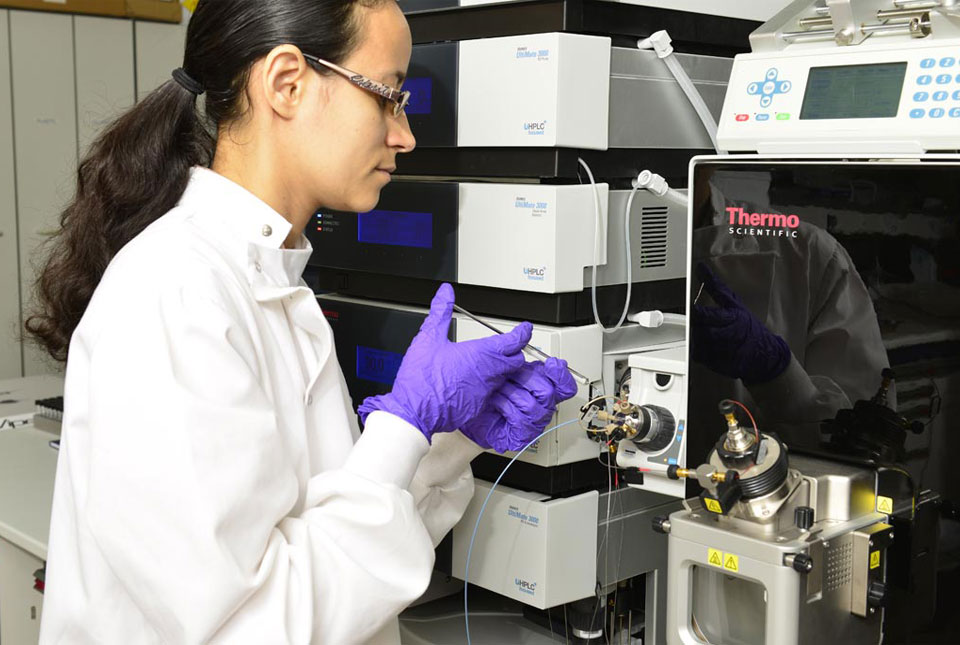
Laboratories are significantly higher consumers of energy than offices, consuming as much as 5 times as much energy in some cases. In addition to increased energy use, labs are also often significant consumers of single use plastics such as disposable gloves, pipette tips and centrifuge tubes for example. Improving the sustainability of our laboratories is integral to the BGS Environmental Sustainability Strategy, which is aligned with our parent organisation, UKRI’s, vision to ’embed sustainability in everything we do’ (UKRI Strategic Prospectus, 2018).
A recent initiative has been the adoption of the Laboratory Efficiency Assessment Framework (LEAF) to improve the sustainable practices of our laboratories. LEAF is a green labs initiative developed by University College London to provide a framework for laboratories to improve sustainability across their buildings, energy usage and methods of working. LEAF consists of three levels of criteria, Bronze, Silver and Gold, all of which contain actions which laboratory users can take to improve sustainability, such as reducing waste and energy use, recycling more and improving laboratory practises to operate in an increasingly sustainable way. A collaboration of 13 laboratories across BGS have recently been awarded Bronze LEAF accreditation.
The laboratories that took part included eleven at our Keyworth site, including a wide range of geochemical and geological processing laboratories. The Aquifer Properties Facility and Dissolved Gases and Tracers Facility based at our Wallingford site also took part. The framework allowed us to review our current practices and make widespread long-term changes across our science facilities.
An increase in recycling on site was key in achieving the Bronze accreditation. An initiative which has been implemented includes rinsing all single use plastic, including pipette tips, centrifuge tubes and reagent bottles. Also, a glove recycling scheme has been adopted, which has let to over 15, 000 gloves being recycled annually in the Geochronology and Tracers Facility alone. There are new routines in place to share resources where possible and signage to remind users to close fume hood screens, turn off equipment and sort all waste. We now ensure our sustainable practises are imbedded into the induction of all new starters, and visitors to site.
There have been some challenges along the way as many of our laboratory facilities include specialist equipment and large infrastructure which creates limitations on what can practically be adapted to improve sustainability. Examples include our Core Scanning and Scanning Electron Microscope facilities. In cases such as this, we can try to consider the sustainable use of accessories such as IT equipment, consumables, waste streams and reducing the energy requirements for laboratory heating or cooling combined with a wider commitment to investing in green energy solutions.
This year, our next steps will be to continue to improve and move onto implementing the Silver LEAF criteria. The adoption of LEAF will help us to maintain an effective environmental management system and drive us forward towards reaching our environmental sustainability targets.
More information on the initiative can be found here: https://www.ucl.ac.uk/sustainable/staff/labs/take-part-leaf
About the authors
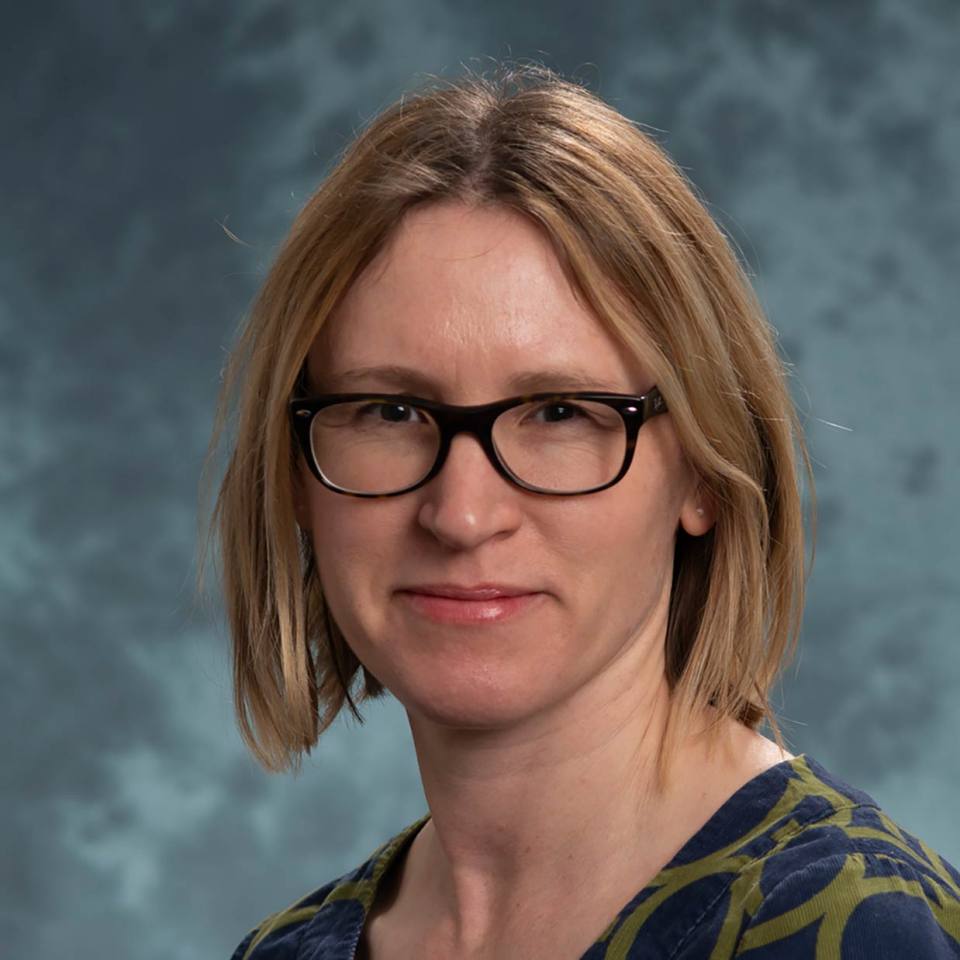
Dr Angela Lamb
Research scientist

Dr Nicola Atkinson
Isotope support scientist
Relative topics
Latest blogs
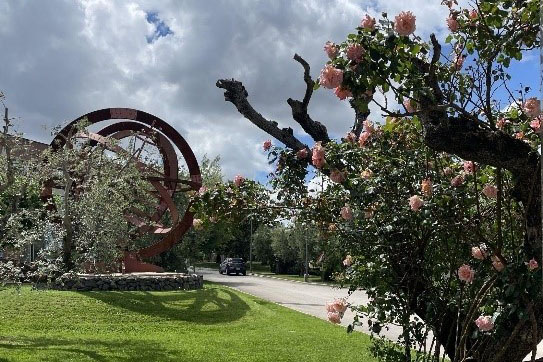
AI and Earth observation: BGS visits the European Space Agency
02/07/2025
The newest artificial intelligence for earth science: how ESA and NASA are using AI to understand our planet.
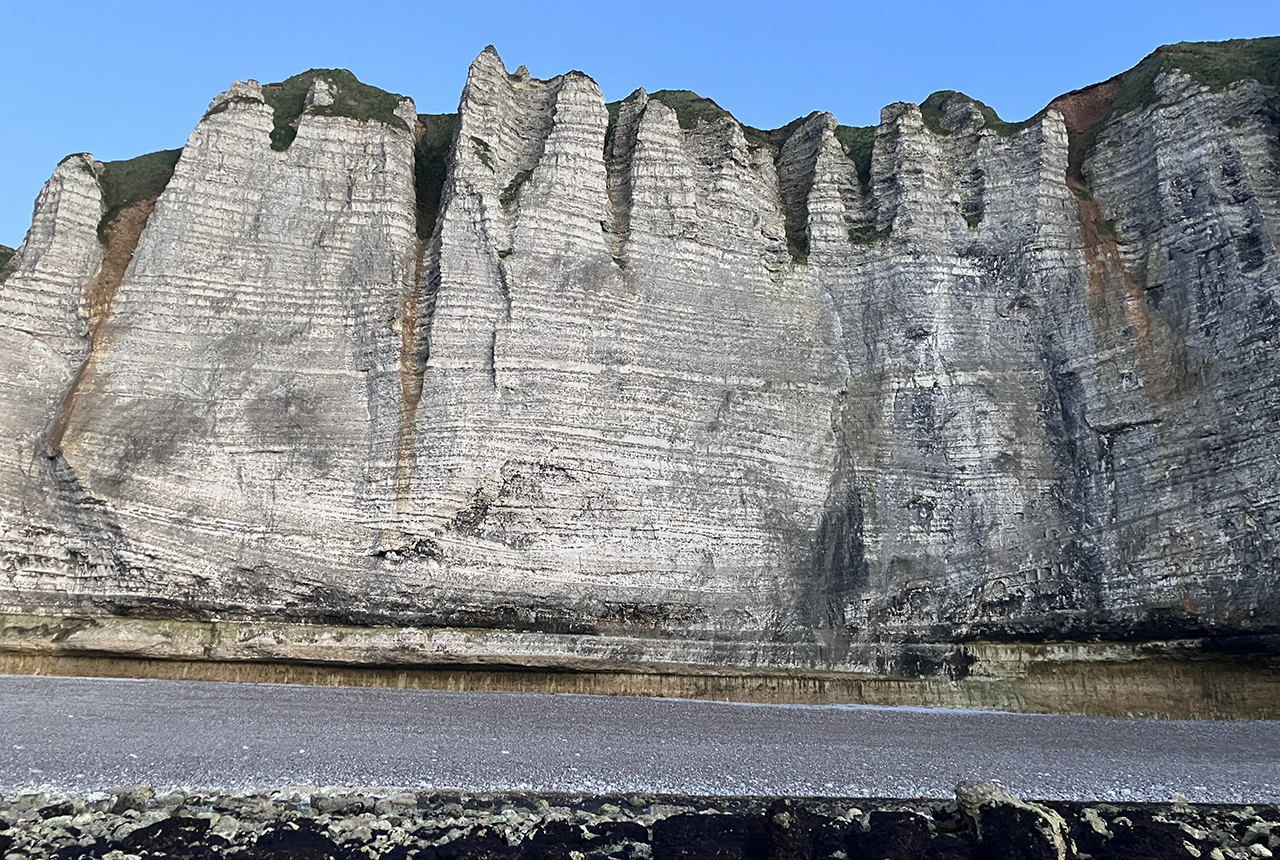
Geology sans frontières
24/04/2025
Geology doesn’t stop at international borders, so BGS is working with neighbouring geological surveys and research institutes to solve common problems with the geology they share.
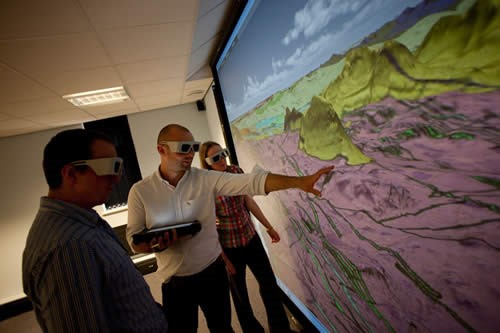
Celebrating 20 years of virtual reality innovation at BGS
08/04/2025
Twenty years after its installation, BGS Visualisation Systems lead Bruce Napier reflects on our cutting-edge virtual reality suite and looks forward to new possibilities.
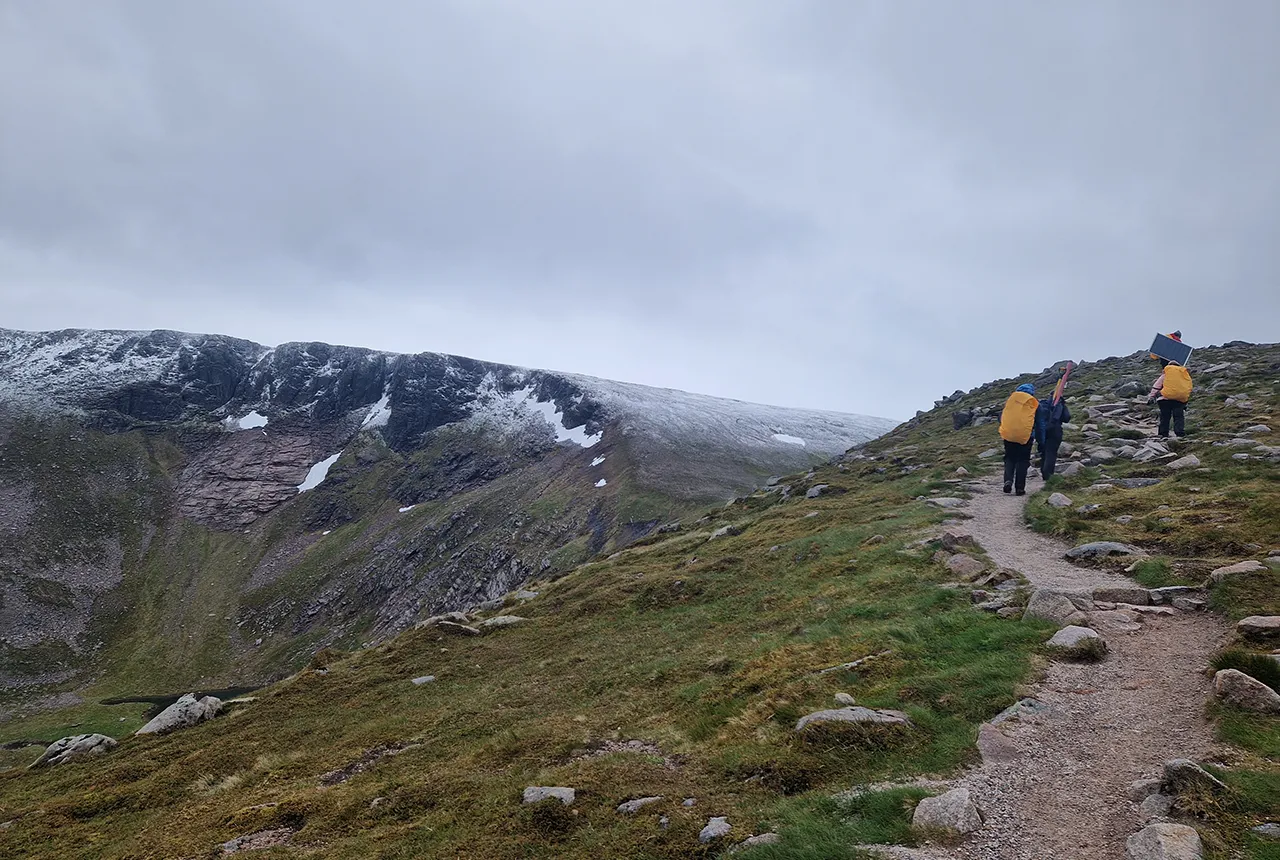
Exploring Scotland’s hidden energy potential with geology and geophysics: fieldwork in the Cairngorms
31/03/2025
BUFI student Innes Campbell discusses his research on Scotland’s radiothermal granites and how a fieldtrip with BGS helped further explore the subject.
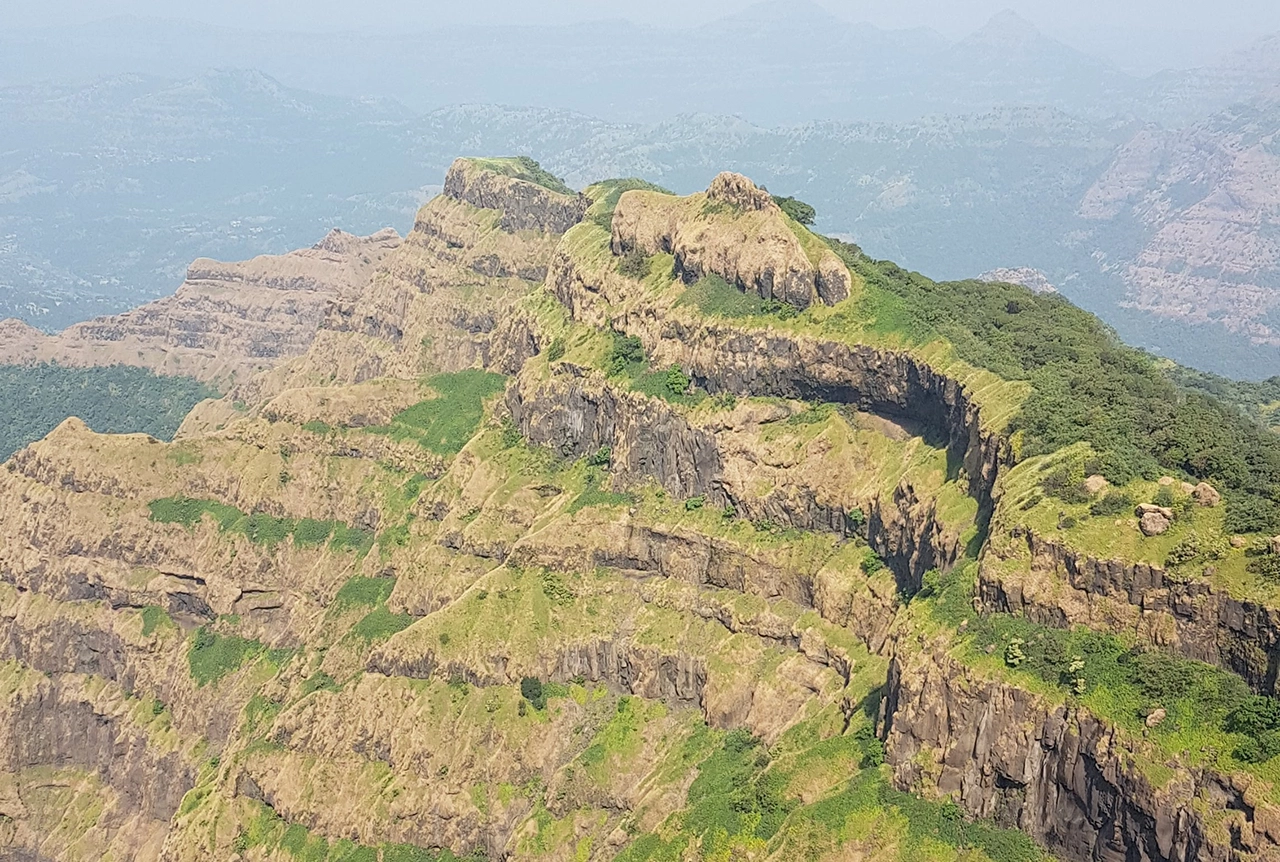
Could underground disposal of carbon dioxide help to reduce India’s emissions?
28/01/2025
BGS geologists have partnered with research institutes in India to explore the potential for carbon capture and storage, with an emphasis on storage.
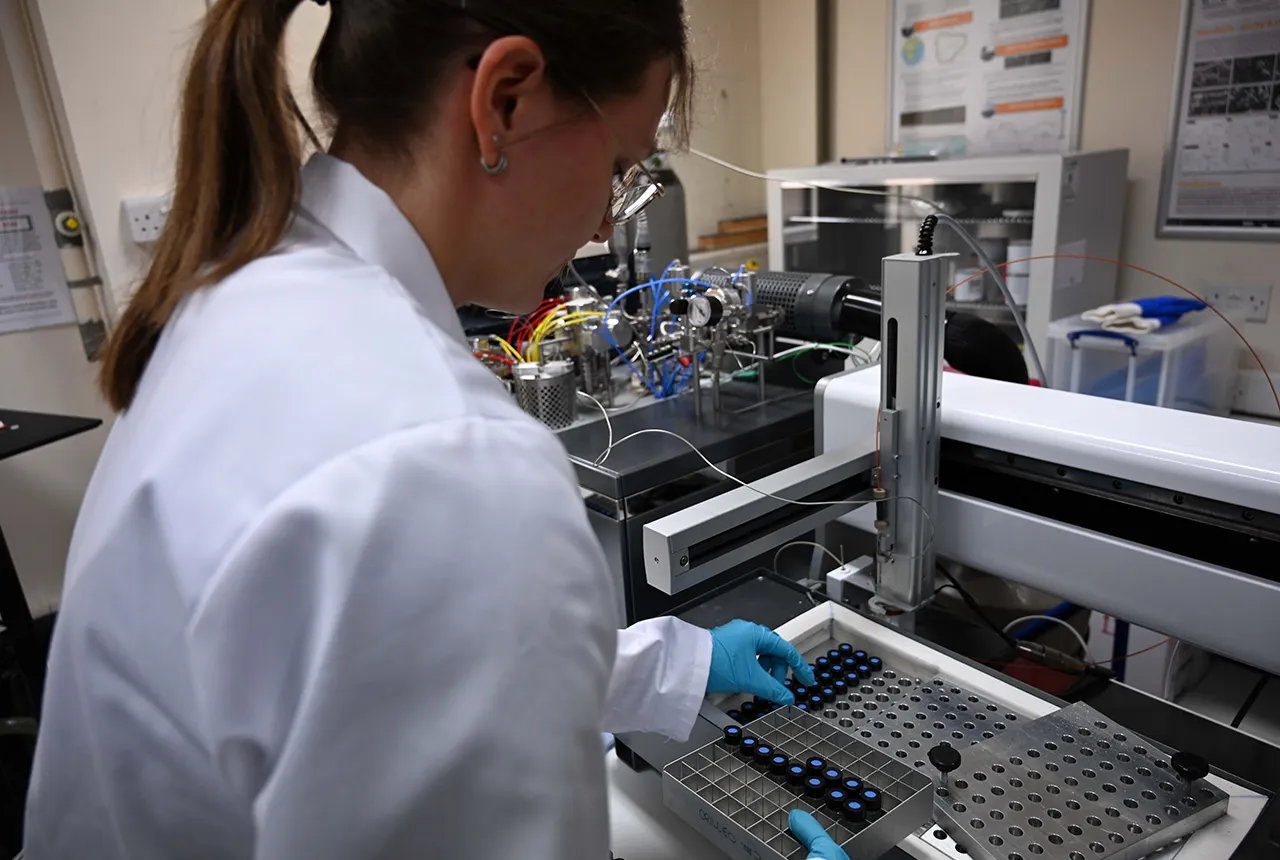
Carbon and oxygen isotope analysis of carbonates and the development of new reference materials
18/12/2024
Dr Charlotte Hipkiss and Kotryna Savickaite explore the importance of standard analysis when testing carbon and oxygen samples.
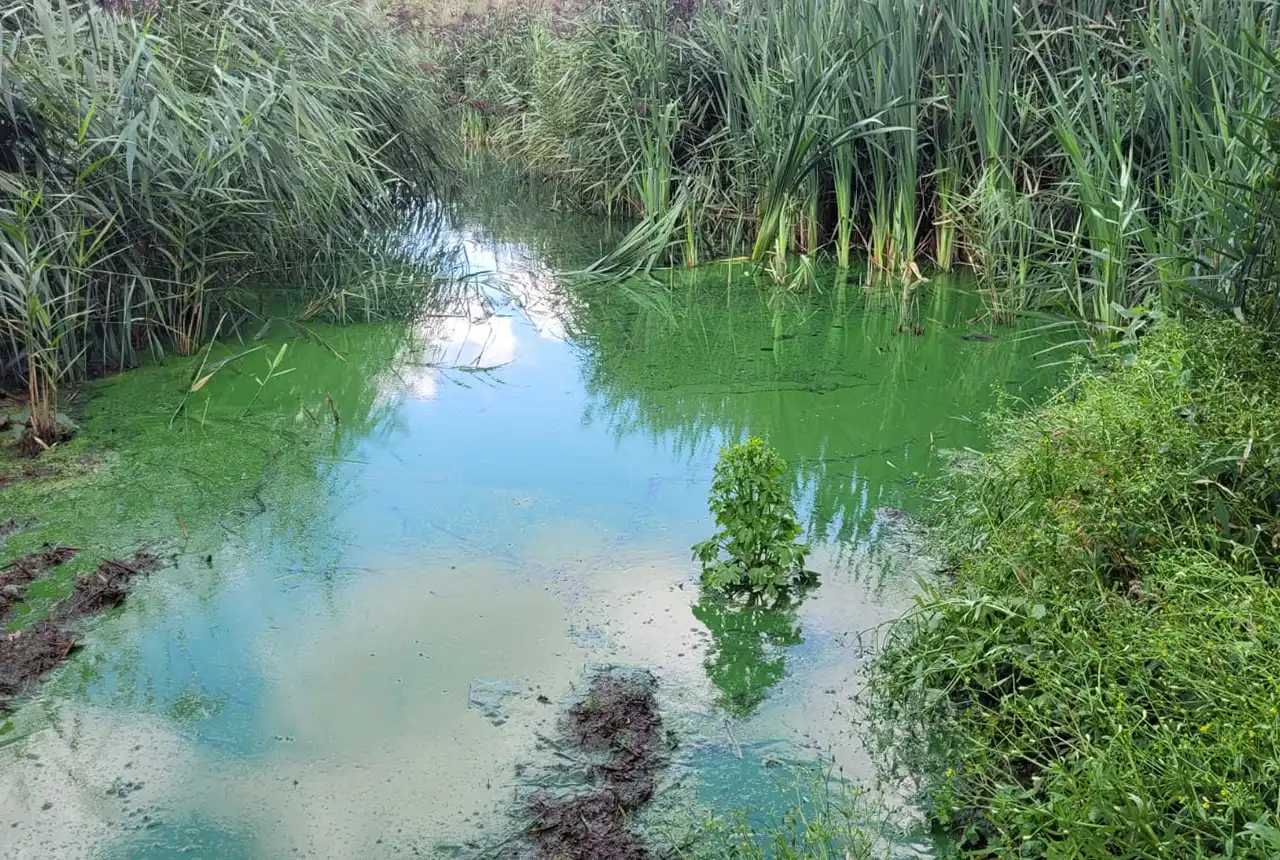
Studying oxygen isotopes in sediments from Rutland Water Nature Reserve
20/11/2024
Chris Bengt visited Rutland Water as part of a project to determine human impact and environmental change in lake sediments.
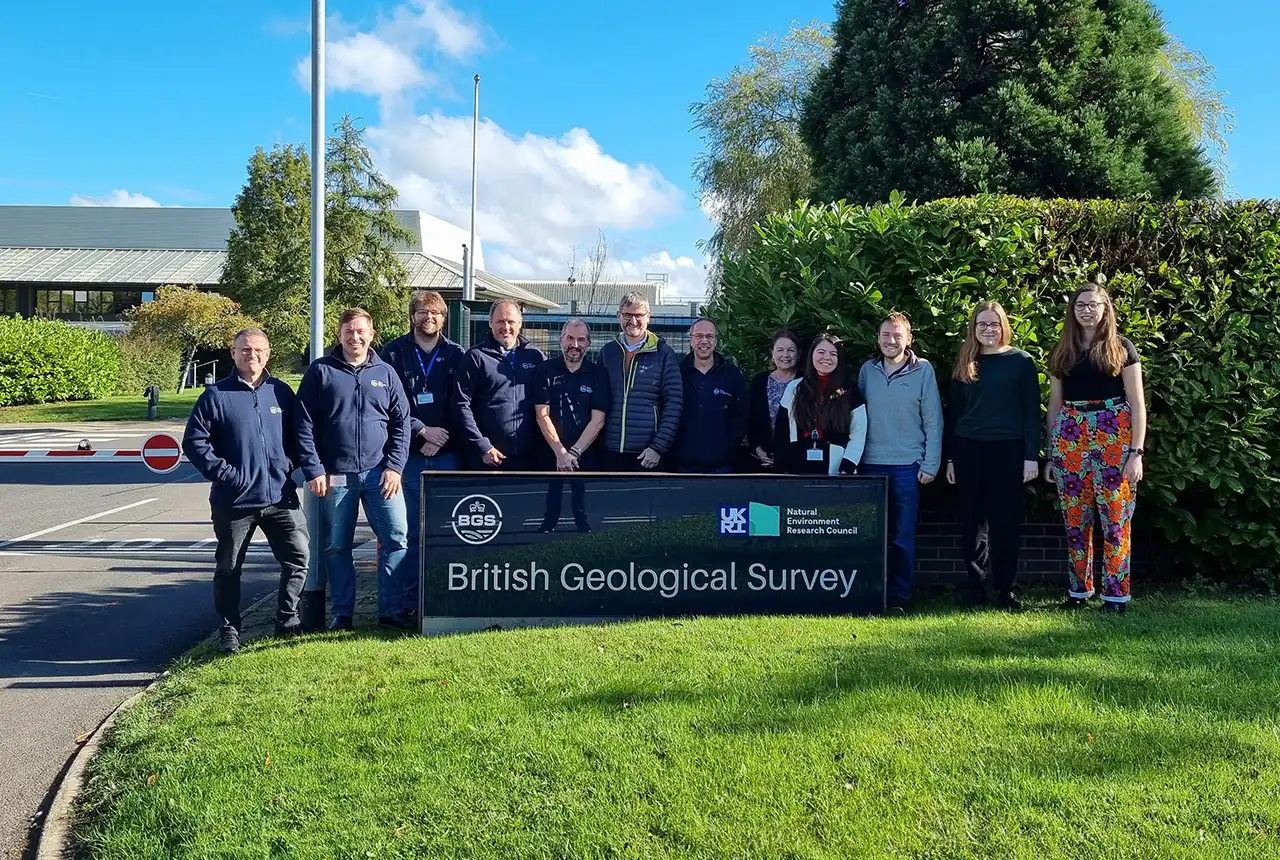
Celebrating 25 years of technical excellence at the BGS Inorganic Geochemistry Facility
08/11/2024
The ISO/IEC 17025 accreditation is evidence of technical excellence and reliability, and a mark of quality assurance.
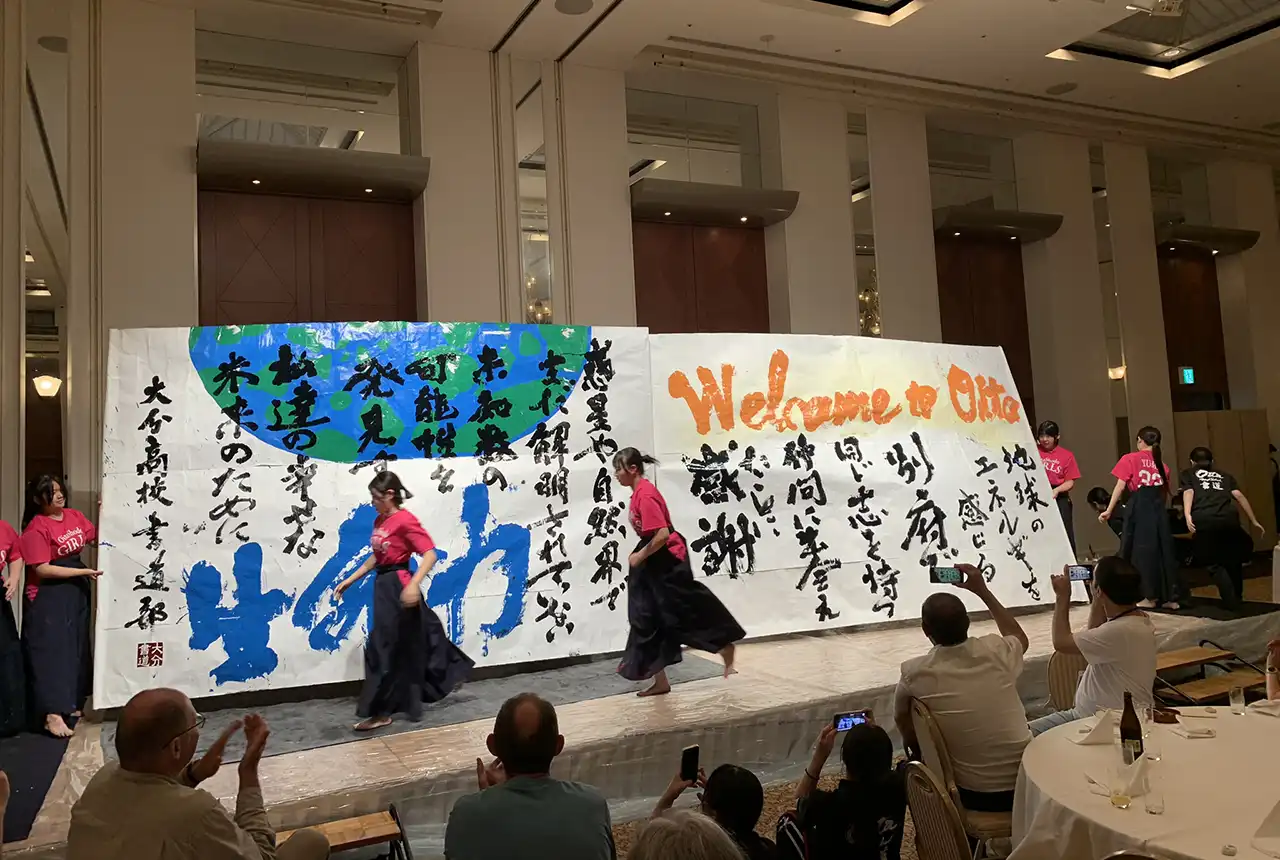
Electromagnetic geophysics in Japan: a conference experience
23/10/2024
Juliane Huebert took in the fascinating sights of Beppu, Japan, while at a geophysics conference that uses electromagnetic fields to look deep into the Earth and beyond.
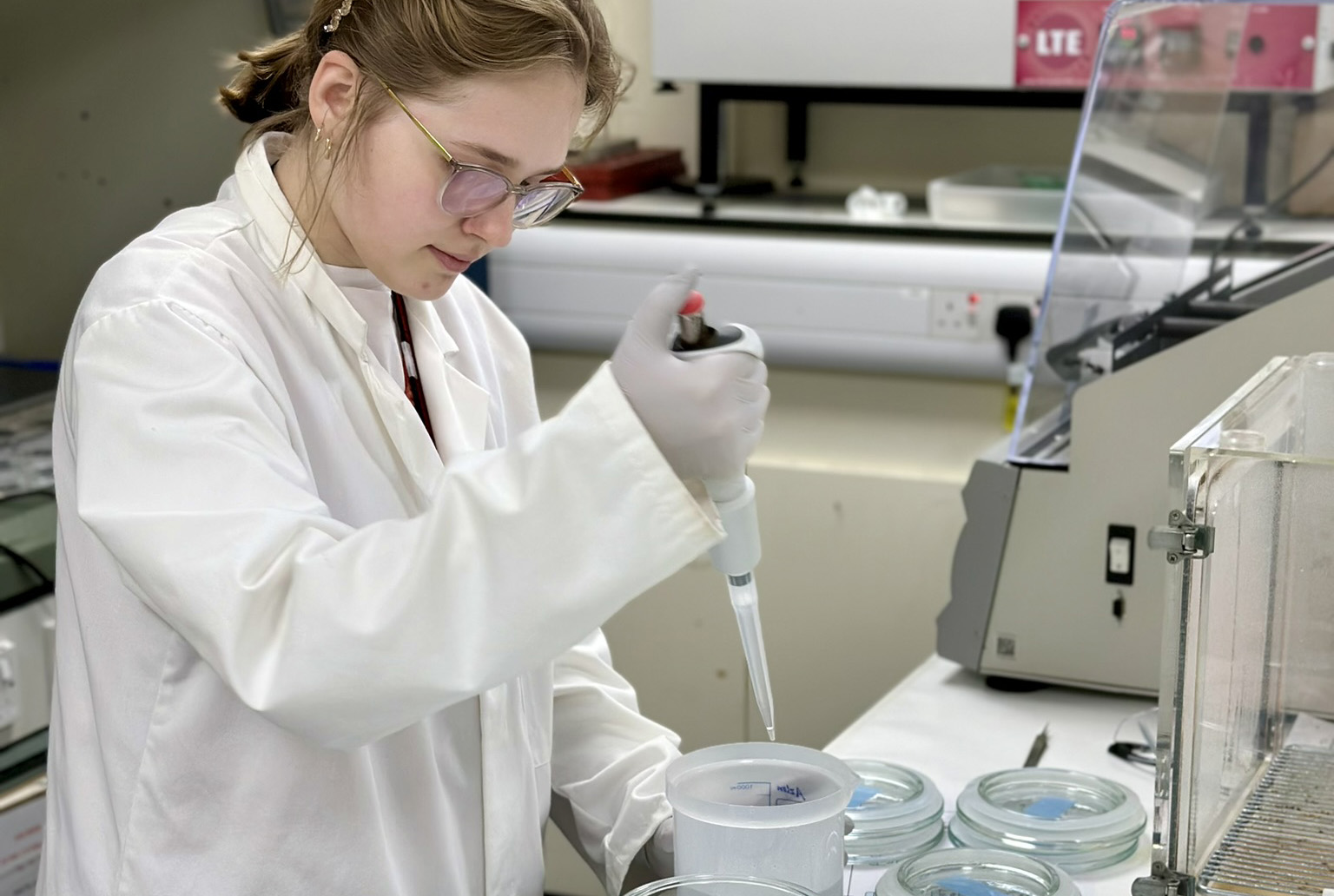
Exploring the role of stable isotope geochemistry in nuclear forensics
09/10/2024
Paulina Baranowska introduces her PhD research investigating the use of oxygen isotopes as a nuclear forensic signature.
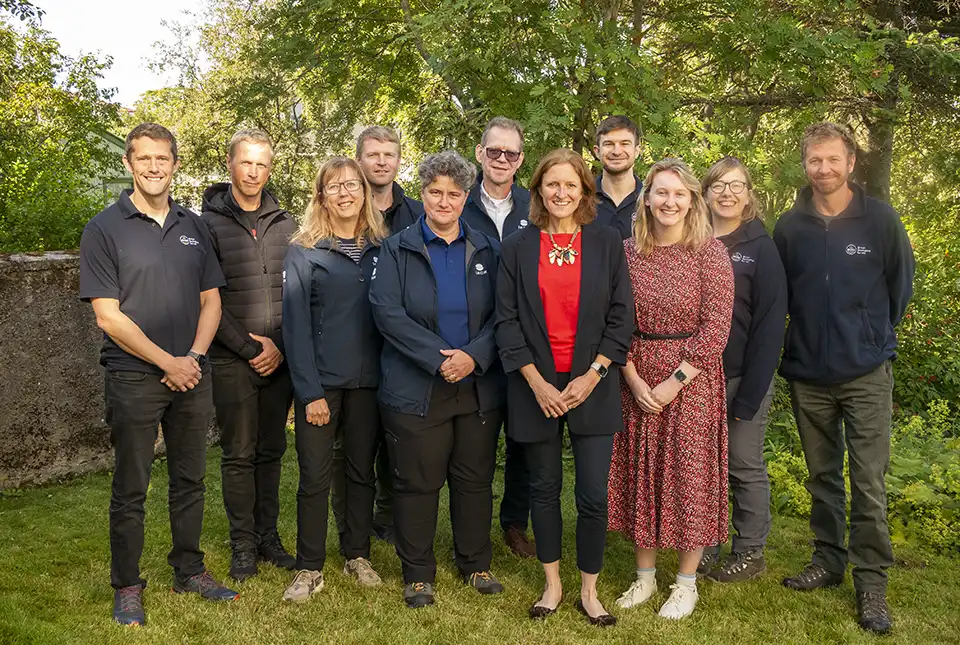
BGS collaborates with Icelandic colleagues to assess windfarm suitability
03/10/2024
Iceland’s offshore geology, geomorphology and climate present all the elements required for renewable energy resources.

Mining sand sustainably in The Gambia
17/09/2024
BGS geologists Tom Bide and Clive Mitchell travelled to The Gambia as part of our ongoing work aiming to reduce the impact of sand mining.



